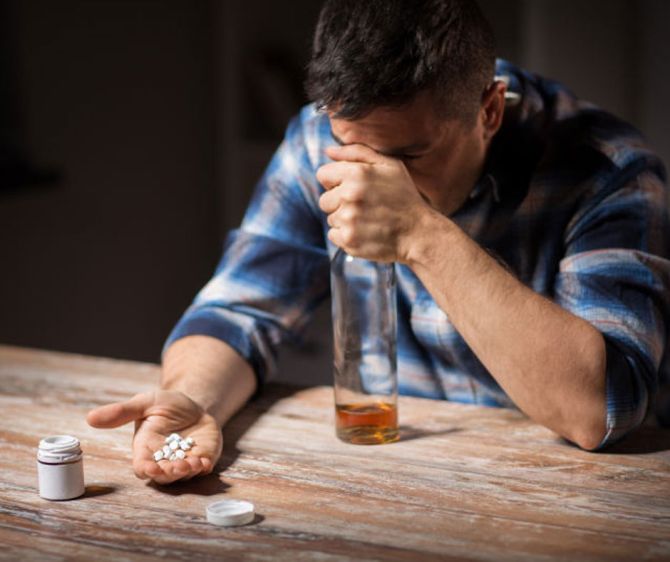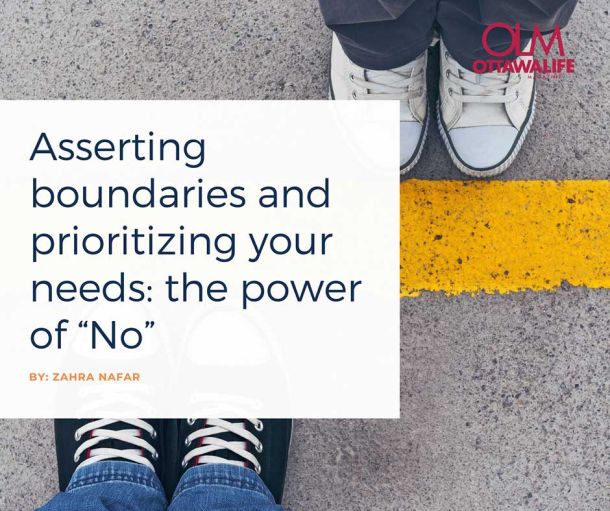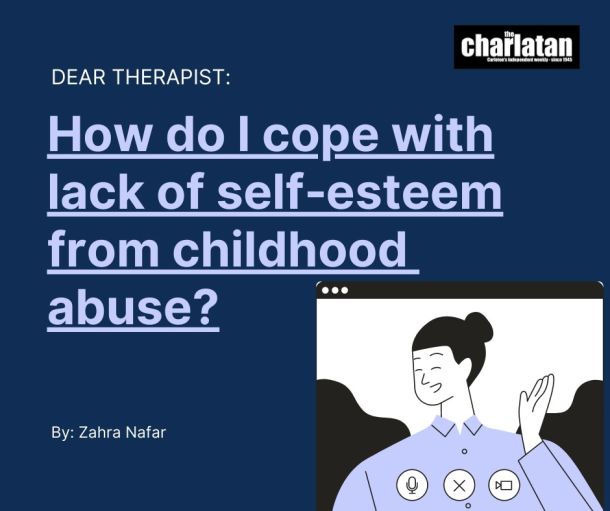
The Powers of Addiction: Understanding Its Grip and Pathways to Recovery
Have you ever asked yourself whether you do or use something too frequently? Or that a behavior or certain substance can dictate your mood and energy? How about wondering if it is becoming a problem or whether it is affecting your daily responsibilities or relationships?
Addiction is a pervasive force that touches nearly every community across Canada and around the world. It does not discriminate by age, background, or socioeconomic status. Whether it’s substances like alcohol, nicotine, cannabis, and opioids, or behaviours such as gambling, sex, or technology use, the powers of addiction are both subtle and overwhelming. To truly understand addiction, we must consider its biological, psychological, and social dimensions, as well as the profound impact it can have on individuals, families, and society at large.
The Nature of Addiction
At its core, addiction is a chronic condition characterized by the compulsive use of a substance or engagement in a behaviour despite harmful consequences. The Canadian Mental Health Association (CMHA) defines addiction as a “dependence on a substance or activity that becomes the central focus of a person’s life.” This dependence is not simply a lack of willpower; it is rooted in complex changes in the brain’s reward system. When someone becomes addicted, their brain chemistry shifts, making it incredibly difficult to resist cravings or break free from the cycle of use.Biological Powers: The Brain’s Role
The powers of addiction are largely biological, involving key chemicals like dopamine that regulate feelings of pleasure and reward. When a person uses an addictive substance or participates in an addictive behaviour, the brain releases large amounts of dopamine, creating a sense of euphoria. Over time, the brain adapts, and natural reward systems become less responsive. This means the person may need increasing amounts of the substance or activity to feel “normal,” driving the cycle of addiction and making recovery challenging.Psychological and Emotional Forces
The psychological powers of addiction can be just as strong as the biological ones. Many people turn to addictive substances or behaviours to cope with stress, trauma, loneliness, or mental health challenges. The temporary relief or escape provided can quickly become a crutch, leading to dependency. The emotional grip of addiction often leads to denial, shame, and isolation, making it harder for individuals to seek help or recognize the extent of their problem.Social and Environmental Influences
Society plays a significant role in shaping the powers of addiction. Factors such as peer pressure, cultural norms, family dynamics, and socioeconomic conditions can all contribute to the risk and severity of addiction. For example, social acceptance of alcohol use, easy access to substances, or living in environments with high stress or trauma can increase vulnerability to addiction. The stigma surrounding addiction often prevents people from accessing support, further entrenching the problem.The Impact on Lives and Communities
The powers of addiction extend far beyond the individual. Families may experience breakdowns in trust, financial hardship, and emotional turmoil. Communities face increased healthcare costs, crime rates, and lost productivity. In Canada, addiction is recognized as a public health issue that requires compassionate, evidence-based responses. Support networks, mental health services, and harm reduction approaches are essential in addressing the ripple effects of addiction.Pathways to Recovery: Hope Amidst Struggle
While addiction’s powers can seem insurmountable, recovery is possible. Treatment often involves a combination of medical intervention, psychotherapy, peer support, and lifestyle changes. Approaches such as cognitive-behavioural therapy, medication-assisted treatment, and community recovery programs like Alcoholics Anonymous and SMART Recovery can provide people with the tools to rebuild their lives. Addressing addiction through a multidisciplinary approach and a strong support system has the potential for maintaining abstinence or a healthier relationship with it.Let us take care of you
We speak your language!
© YourTherapist. All rights reserved. Ottawa Web Design & SEO by ProLoyalWeb




